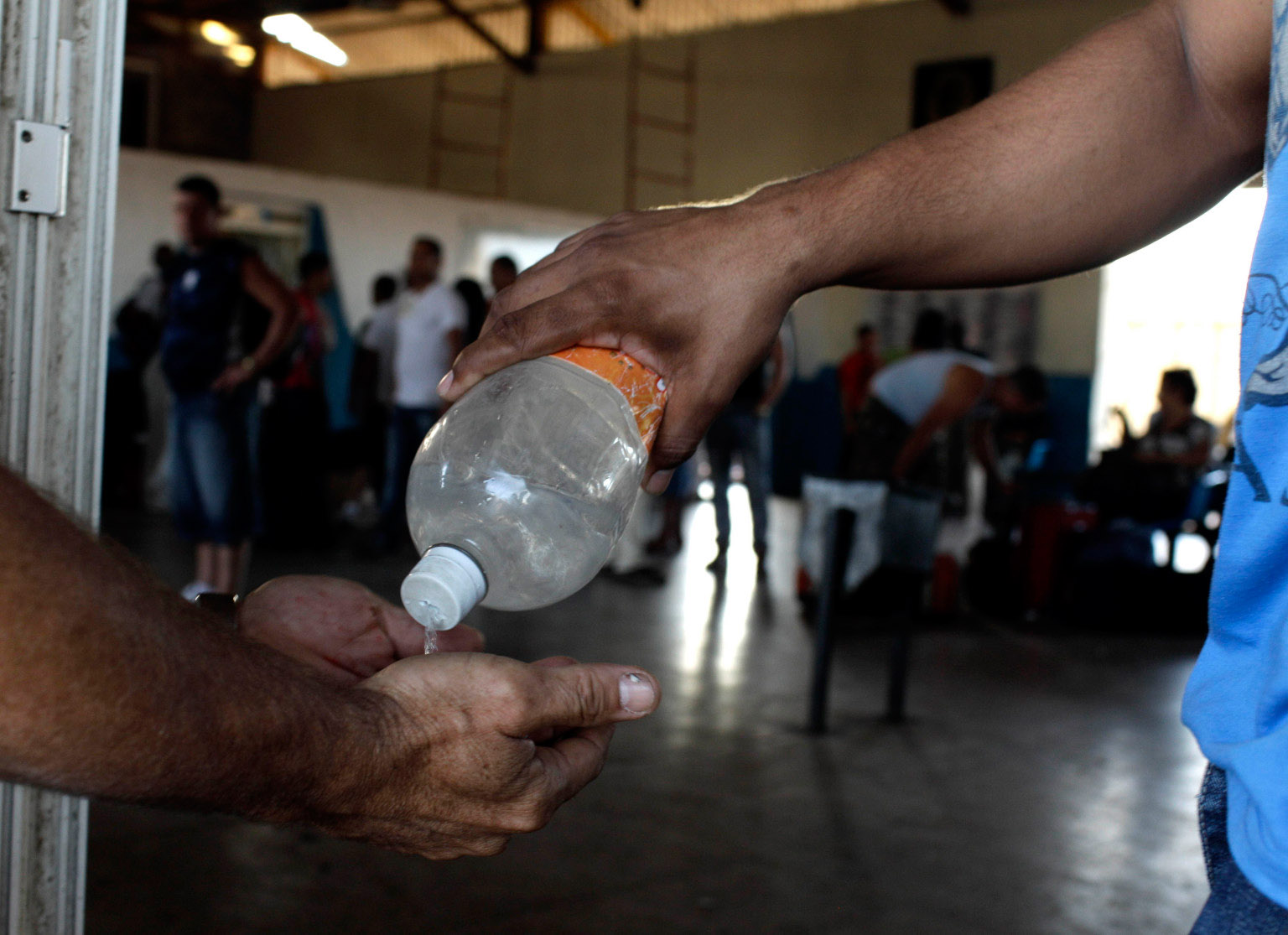The case, which was diagnosed at the Lagos University Teaching Hospital (LUTH), Idi-Araba, involves a 25-year-old student from the Ahmadu Bello University.
The patient is said to have been admitted first at a private hospital in Ojokoro area of Lagos State.
According to the Minister of Health, Professor Isaac Adewole, the patient is responding to treatment.
The death of a Lassa Fever victim at the National Hospital in Abuja, the nation’s capital, had brought the total number of deaths to 43 in the country, from 10 states.
Announcing the death at the National Hospital on Wednesday, the Minister of Health, Professor Isaac Adewole, called on Health workers at all levels to be more vigilant and look out for patients with symptoms of Lassa Fever.
The Minister advised residents of affected states not to panic but to maintain high level vigilance and present themselves for test if they feel unhealthy or they feel symptoms of Lassa Fever which include high fever, stooling, tiredness and vomiting among others.
He cautioned that self-medication should be avoided at this period.
According to an attendant at the unit who spoke on condition of anonymity, the first confirmed case of Lassa fever is now in Accident and Emergency unit of LUTH.
The source said the patient identified as Ahmed Fasasi, a 25 year old male who is a student of Ahmadu Bello University was brought in Friday evening.
He is said to have just arrived from the Northern part of Nigeria.
The source said the management of the hospital got information that the patient was first admitted in a private hospital in Lagos, saying they have also started contact tracing to avert spread of the disease in the state.
It was gathered that the patient was bleeding through the nose while one of the nurses at the unit with the doctor on duty eventually came to the patient’s aid and later directed that a series of tests be conducted on him before he was admitted into the ward.
As patients jitter over the development, medic at the unit assured them that they were taking precautions to ensure that they were wearing protective garment before attending to sick patients to prevent any cross-infection should it be Lassa fever.







